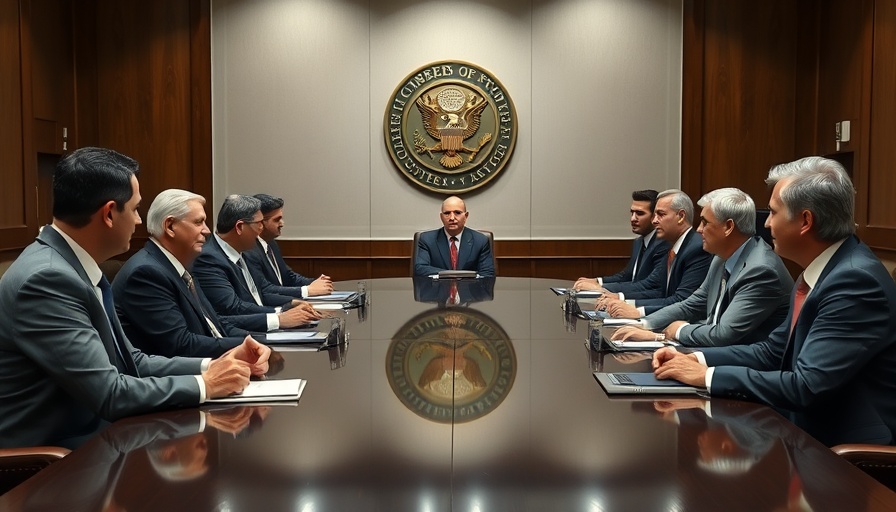
Humble ISD Board’s Controversial Decision to Appoint Ken Kirchhofer
The recent appointment of Ken Kirchhofer to a trustee position on the Humble Independent School District (ISD) Board has stirred significant discussions among Greater Houston residents. Although Kirchhofer finished third in the May election, he has secured a place on the board after the leading vote-getter was deemed ineligible. The decision reflects the complexities of local governance and the fine balance of trust between elected officials and community stakeholders.
Understanding the Context: Why Kirchhofer’s Appointment?
Ken Kirchhofer’s appointment comes under atypical circumstances, where he not only lost in the election but was selected over universally supported candidates following the disqualification of Brittnai Brown due to a voter registration issue. This situation raises questions about the board's decision-making process, particularly since appointing Kirchhofer avoided the substantial cost of $330,000 to conduct a special election.
Community Voices: Disappointment and Trust Issues
Tracy Shannon, who placed second in the recent election, expressed her discontent through social media, asserting that the Humble ISD board’s actions have undermined public trust. By opting for a board appointment with minimal public input, many residents feel a lack of accountability and transparency in governance. These sentiments resonate deeply within communities that prioritize civic engagement and meaningful participation in their education systems.
The Importance of Accountability in Education Governance
School boards play a crucial role in shaping educational policies that directly impact students and families in the Houston area. Transparency and accountability in their decisions foster trust in the system. This incident serves as a reminder of the potential pitfalls when processes lack public scrutiny, leading to consequences that can affect future electoral participation.
A Temporary Solution or a Permanent Fix?
While Kirchhofer expressed humility and respect for the board's trust in him, the decision was accompanied by the stipulation that he cannot seek reelection in 2027. This temporary fix may alleviate immediate governance needs, but it raises concerns regarding long-term implications on democratic engagement within the community. Considering the Texas public education space is ever-evolving, how decisions like these are communicated to the public can influence trends in local governance.
The Broader Picture: Educational Trust and Community Engagement
Educational institutions must remain adaptable and accountable, especially in an age where community trust is increasingly fragile. The sentiments expressed by constituents are mirrored in cities across the nation, as stakeholders demand transparency, participation, and a vision for their educational futures. This incident could prompt community-led initiatives to reform how trustees are selected and held accountable to better reflect the will of the electorate.
Looking Ahead: Civic Engagement in Education
To mend the frayed trust within the community, residents may consider organizing public forums for future decisions regarding the Board's composition and responsibilities. Additionally, fostering open dialogues can ensure that when it comes to education, the voices of those directly affected are not only heard but acted upon. For now, Schmidtroher will serve a term to guide the district's strategies while the broader implications of his appointment continue to unfold.
For Greater Houston residents interested in the evolution of local governance and education, it’s crucial to remain engaged with the ongoing discussions around these matters. Your active participation in community events and platforms can help shape the future of the local education system.
Stay informed with Houston Public Media to keep abreast of further developments in education governance and community-driven initiatives.
 Add Row
Add Row  Add
Add 



 Add Row
Add Row  Add
Add 

Write A Comment